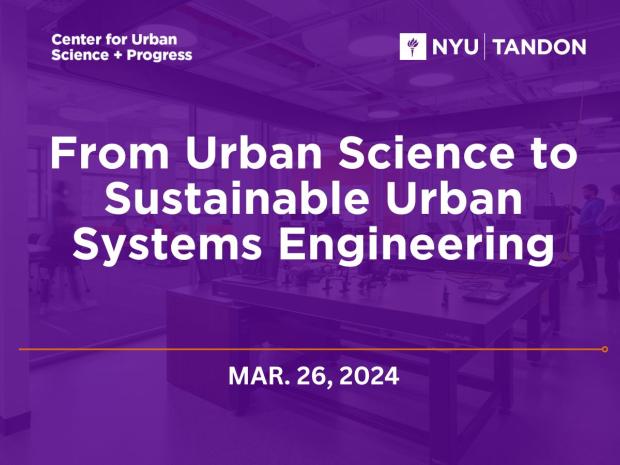From Urban Science to Sustainable Urban Systems Engineering

In light of climate change, building efficient and resilient urban infrastructures is becoming ever more critical. However, conventional planning approaches are becoming questionable, as they typically rely on “best practice” or simulation-based methods that do not sufficiently cope with the increasing complexity of our cities. This talk will discuss how combining computational methods with large-scale urban data allows gaining a much-needed, more profound understanding of the functioning of cities. It will then discuss how these scientific insights can be leveraged for a more people-centric design of urban infrastructures that enhance the socioeconomic and environmental performance of cities.
About the Speaker
Markus Schläpfer is an Assistant Professor at Columbia University in the Department of Civil Engineering and Engineering Mechanics. He received his Ph.D. from ETH Zurich and conducted postdoctoral fellowships at the Santa Fe Institute and MIT’s Senseable City Lab. Before joining Columbia University, he was a Principal Investigator at the ETH Future Cities Laboratory and an Assistant Professor (adjunct) at the Nanyang Technological University in Singapore. His main research goal is to develop a science-based understanding of cities and use these insights to design people-centric, efficient, and resilient urban infrastructures. His work has been published in top-tier venues such as Nature and covered in the media worldwide. He won several prizes, including the First Prize in the Data for Development Challenge (2015), and he was a Finalist in the Falling Walls Science Breakthrough of the Year (2021).
How to Attend
This event is only open to faculty, students, and staff at NYU. This event will be held in person, but Zoom access is also available for those who would like to attend virtually. Please register using our Eventbrite page if you plan to attend either in-person or virtually.

